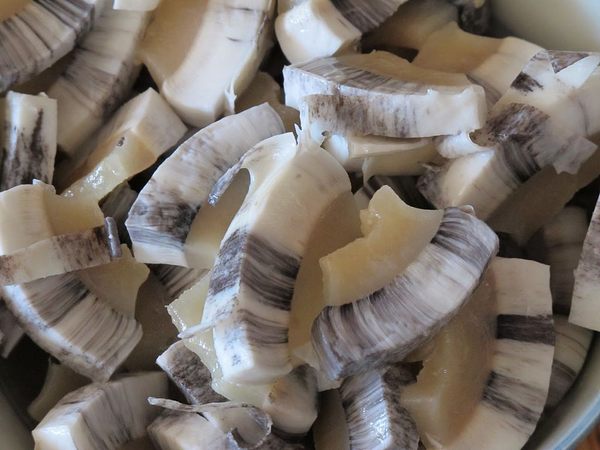Thanks, Keyhole for your input. That was a great interview you posted, I really liked these two (Saladino & Lyon).
So, it seems like the connection between high protein, mTOR' and cancer
is made up, just like with animal fats, cholesterol and cardiovascular disease. This talk in the video above confirmed my initial layman's thought as I read some of those studies: that even if they've found 'upregulated mTOR's' in many cancer patients, that doesn't mean that there's a linear connection. An upregulated mTOR does promote growth (that's it's main purpose), and thus in a cancer patient it would promote growth of the cancer cells, but it
does not initiate the cancer – there's no proof of upregulated mTOR (by high protein) initiating cancer.
And as they say in the video, the thing that activates mTOR even more is insulin – so why is animal protein suddenly the bad guy?!
I went through the article by Gedgauda's a few more times to get a sense where she's getting her confidence regarding the mTOR-cancer connection. It looks like she relies for the most part, if not solely, on the lectures of Ron Rosedale. She writes:
"The recent AHS19 talk given by medical pioneer and metabolic expert, Ron Rosedale, MD (link below article) underscores this concern about excessive protein consumption in no uncertain terms.
No rational, honest person can dismiss his meticulously considered arguments and conclusions."
And here's the link to to Ron's talk she talks about:
Well, I had a look at what he is saying about the mTOR-thingy (he talks about it towards the end), and have started to collect those studies he is referring to. After a quick read through a few of them, the evidence for the dangers of high animal protein does not seem too convincing. Rosedale makes a whole lot of assumptions that are not necessarily there. For instance, one of the reasons for the recommendation for restricting protein consumption to 1g/kg of body weight comes from the fact that
this equals the protein ratio in mother's milk. Rosedale says that (paraphrased) "...since infancy is the time when you as a human grow the most, this protein ratio is optimal, and you shouldn't need more."
However, as they say in the video with Saladino, if you want to stay healthy as you get older,
you need more protein than when you were younger!
Out of curiosity I'm gonna read these studies Rosedale cites (which Gedgauda's conviction is apparently based on), and I'll post if I find something interesting. Right now I'm starting to think that Gedgauda's is convincing herself of these bogus claims because it helps her promote her own program (The Primalgenic Plan). Luckily there seems to be many other even smarter nutritionist out there (like Saladino and Keyhole) these days.









